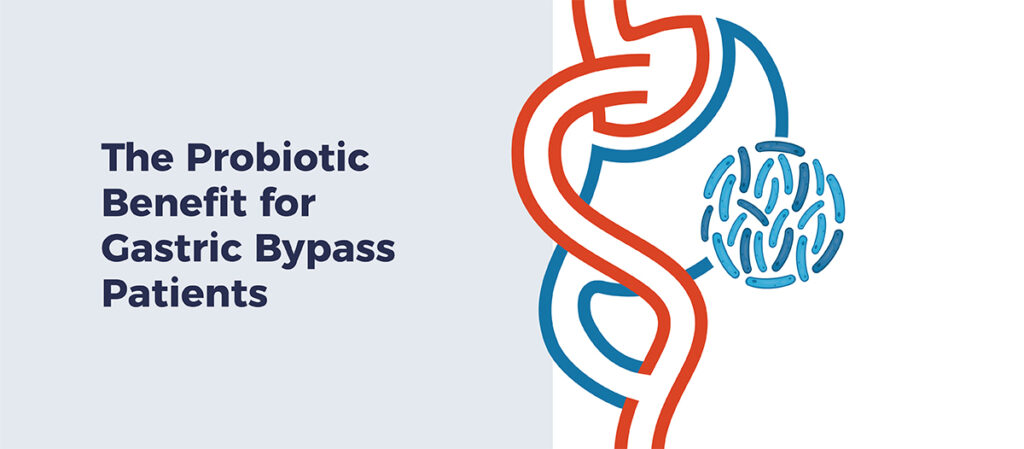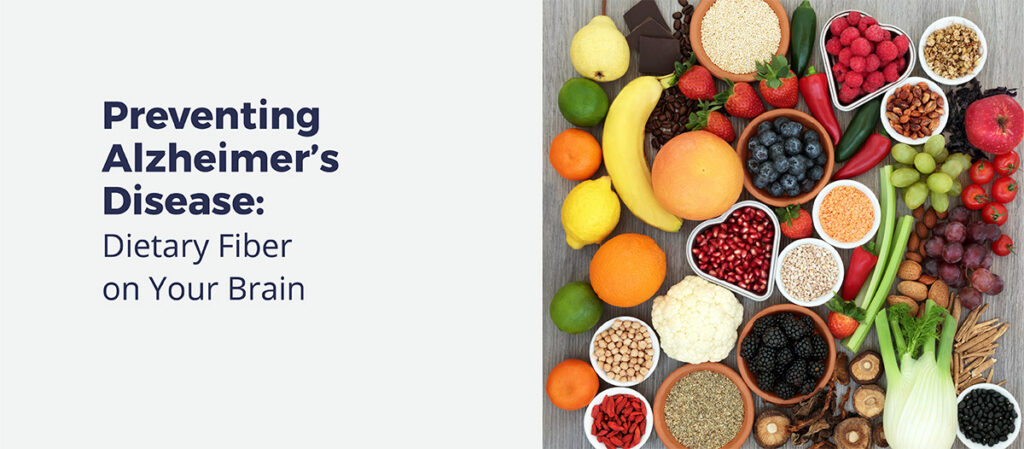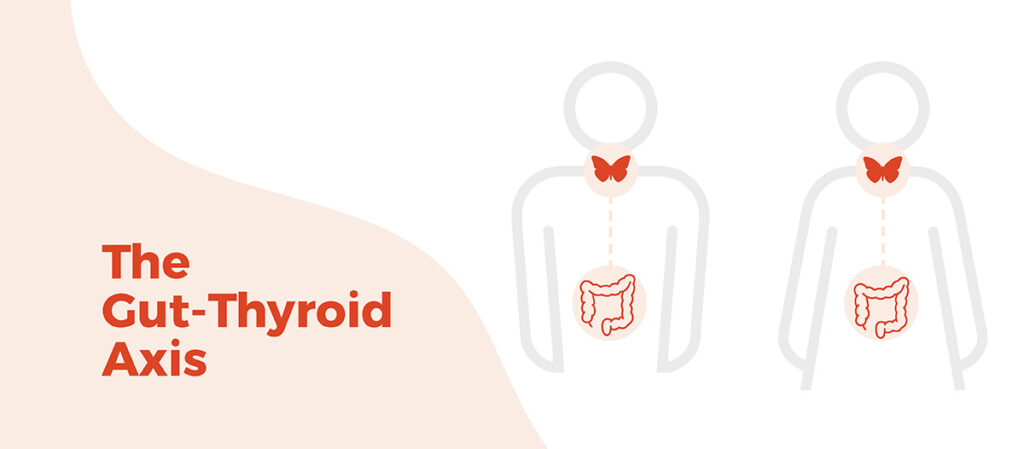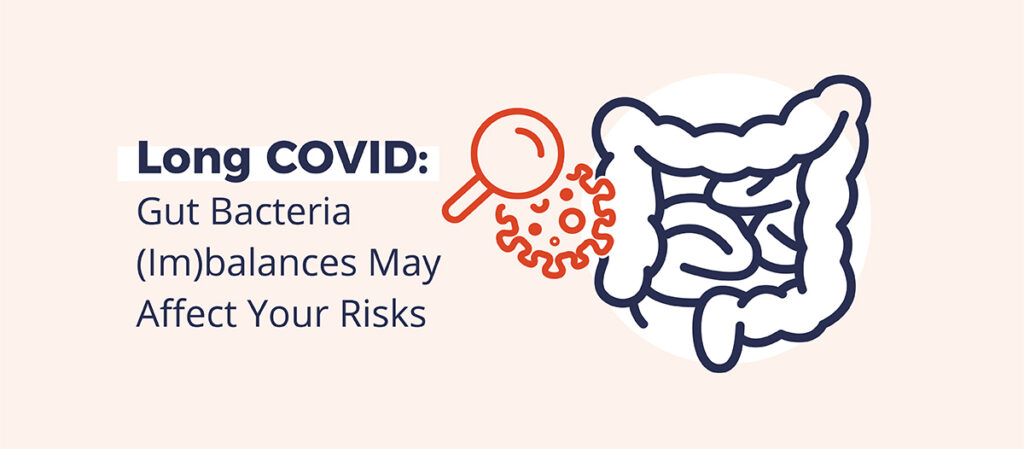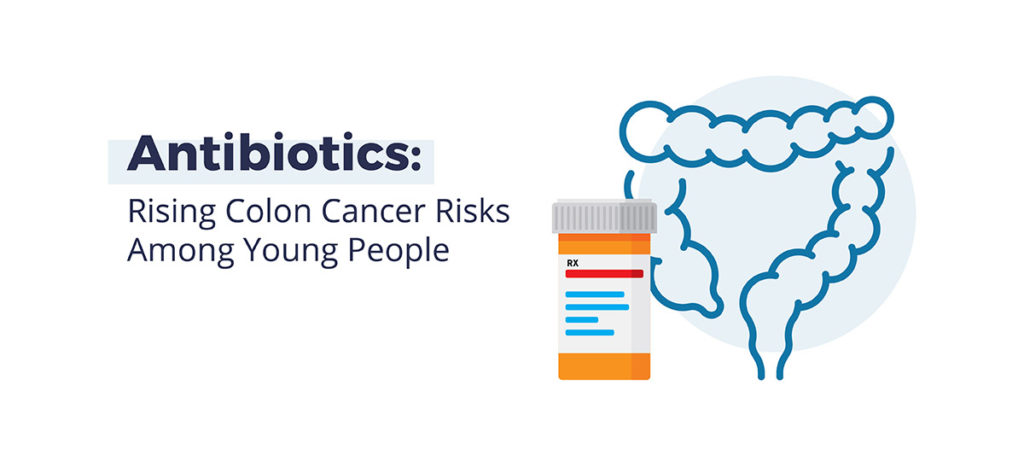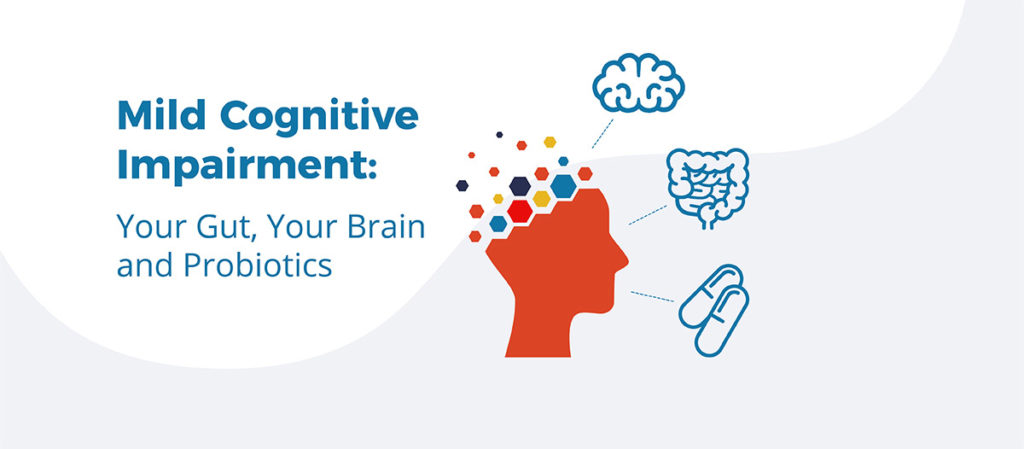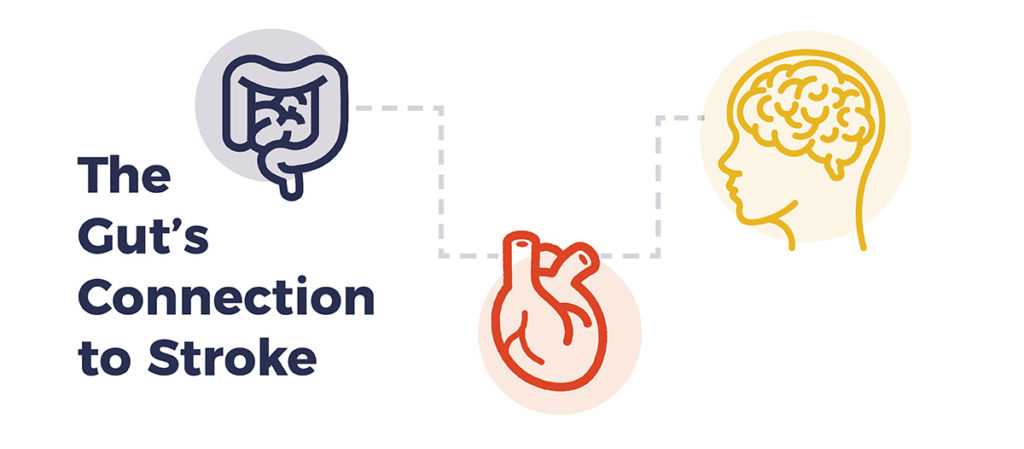The Probiotic Benefit For Gastric Bypass Patients
The Probiotic Benefit For Gastric Bypass Patients
With greater numbers of people struggling with a myriad of health issues surrounding obesity, the popularity of gastric bypass procedures that help patients shed extra pounds has grown exponentially over the past three decades.
Although gastric bypass isn’t for everyone who suffers from severe weight-related health problems, this procedure can be an important catalyst toward better health outcomes.
Losing the weight with the help of gastric bypass is merely the first step. It takes a great deal of work and mental determination to follow a healthier diet plan rather than a nutrient-poor Western diet which is often the reason many patients consider gastric bypass in the first place.
However, taking a probiotic formulated with Lactobacillus and Bifidobacterium strains may be a very safe, gut-friendly solution that eases some of the issues gastric bypass patients face, according to a recent study.
The Gut-Brain Connection At Work
A team of Brazilian researchers conducted a clinical trial with 101 gastric bypass patients to assess the gut-brain benefits of prescribing a probiotic containing Bifidobacterium lactis and Lactobacillus acidophilus, targeting symptoms of binge eating and food addictions.
(These strains of beneficial bacteria are among the 10 formulated in every bottle of EndoMune Advanced Probiotic.)
Patients received a multi-strain probiotic or placebo for three months, starting seven days after their gastric bypass surgeries, then were evaluated at the 90-day and 1-year marks to assess outcomes.
Both patient groups experienced decreases in symptoms at three months. But, the real benefit of taking a multi-strain probiotic showed up a year later as patients still experienced significant gut-brain relief from binging and food addictions.
What If Gastric Bypass Isn’t An Option?
For many people, gastric bypass may not be the best option to lose weight. You may not be keen on weight-loss surgery, especially if the amount of weight you need to lose is a much more manageable number that can be aided by eating nutrient-dense foods and increasing your exercise.
If you want to lose weight safely and more slowly but need some extra help, you may want to consider EndoMune Metabolic Rescue, a probiotic that can help you maintain the healthy balance of bacteria in your gut and jumpstart your weight loss plan.
EndoMune Metabolic Rescue contains a proven blend of Bifidobacterium lactis and the prebiotic XOS (Xylooligosaccharides) that stimulates the release of hormones in your gut that reduce your appetite naturally by promoting a greater sense of fullness.
If gastric bypass isn’t in your future, it’s good to know you have gut-healthy options in the EndoMune family of probiotics that can make your weight-loss journey a good experience.
References
The Probiotic Benefit For Gastric Bypass Patients Read More »

